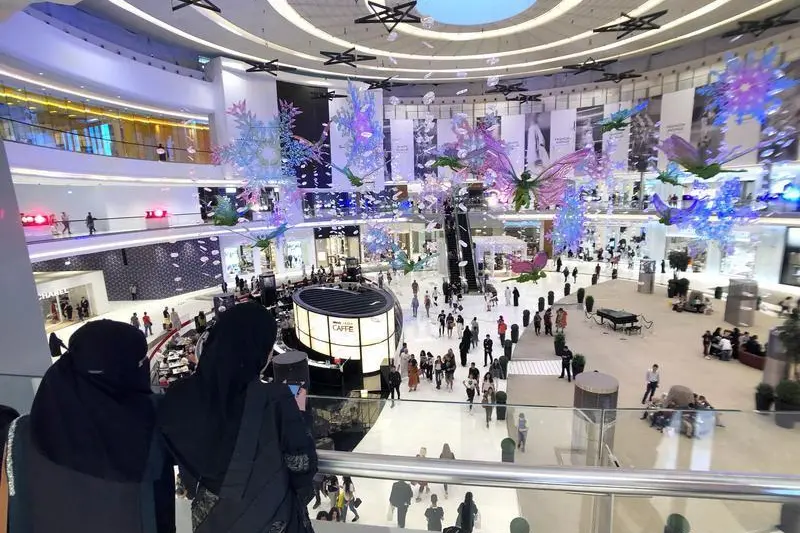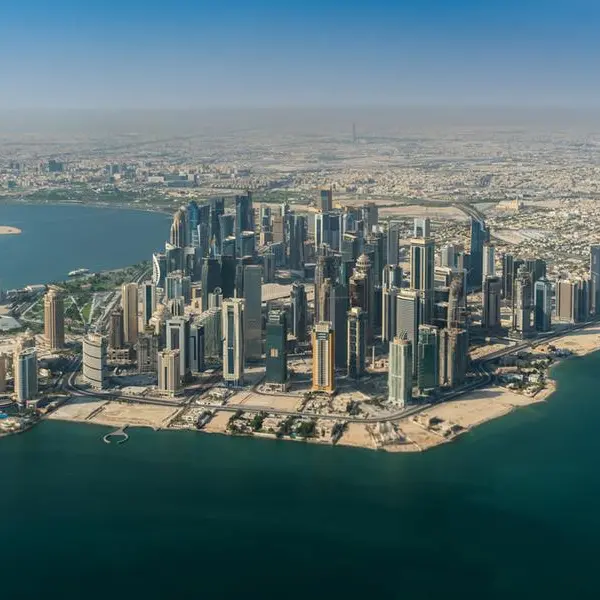PHOTO
Muslims from around the world spent $2.2 trillion (Dh8.074 trillion) in 2018 across food, pharmaceutical and lifestyle sectors that are impacted by Islamic faith-inspired ethical consumption needs, according to a research by the US-based research and advisory firm.
The State of the Global Islamic Economy Report 2019-20, produced by DinarStandard, said the spending reflects a healthy 5.2 per cent year-on-year growth and is predicted to reach $3.2 trillion (Dh11.7 trillion) by 2024 at a cumulative annual growth rate (CAGR) of 6.2 per cent.
In addition, Islamic finance assets are estimated to have reached $2.5 trillion in 2018. On the Global Islamic Economy Indicator, comprising 73 countries, Malaysia, the UAE, Bahrain and Saudi Arabia continue to lead the ranking, with Indonesia making the biggest jump from number 10 to number five. The UAE also tops five of the seven Islamic economy sector rankings.
Sultan bin Saeed Al Mansouri, Minister of Economy and Chairman of Dubai Islamic Economy Development Centre (DIEDC), said the UAE's consistent rank amongst the top three in the Global Islamic Economy Indicator year after year is a key outcome of the Dubai: Capital of Islamic Economy initiative and its positive impact on the nation's economy.
"The initiative is undergoing globalisation through multiple trade collaborations with entities around the world that are interested in the field, as well as the emirate's regulatory leadership and robust Islamic finance activity," the minister said.
Essa Kazim, governor of the Dubai International Financial Centre, said the Islamic economy continues to achieve remarkable year-on-year growth across its sectors.
"The successful adoption of modern technologies, such as fintech and digital banking, have created new opportunities for the sector and the wider Islamic economy," he added.
Abdulla Mohammed Al Awar, CEO of DIEDC, said given its underlying value-based ethos, it is encouraging to see the important role that the Islamic economy plays in addressing the needs of global ethical consumers and its link to the United Nations' Sustainable Development Goals."
Copyright © 2019 Khaleej Times. All Rights Reserved. Provided by SyndiGate Media Inc. (Syndigate.info).





















